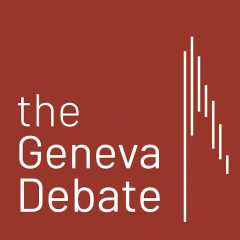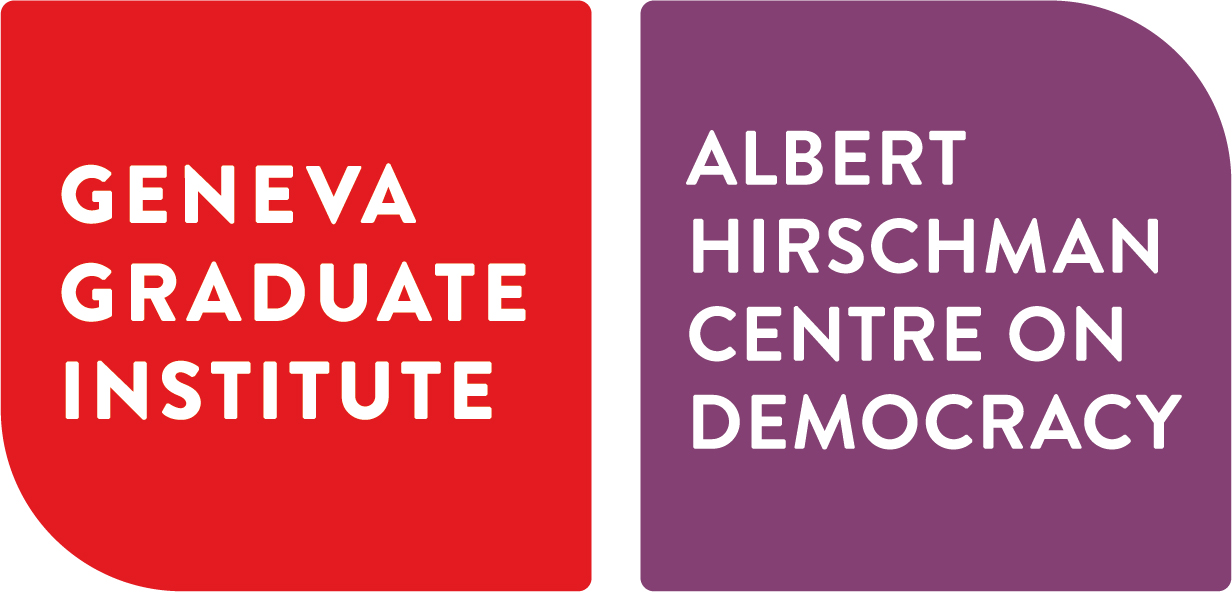Democracy is in crisis. From the rise in polarising populism to the erosion of trust in electoral processes, from the decline of political rights and civil liberties to mounting threats from authoritarianism, democratic values are facing unprecedented challenges worldwide. The 2024 Global State of Democracy report released by the International IDEA found that 82 out of 173 countries covered in the study had experienced a decline in key democratic indicators over the past five years. The Pew Research Centre reported that a median of 64% of people across 12 high-income democratic countries were dissatisfied with the way democracy is working in their country in 2024. The election year of 2024 also saw: Democrats in the United States lost the presidency; Botswana Democratic Party lost power for the first time in nearly 60 years; the African National Congress in South Africa failed to win a majority of National Assembly seats for the first time since the end of apartheid; right-wing populist parties gained ground in European parliamentary elections; and political divides over culture and identity kept deepening across the world.
Despite these troubling trends, democracy’s appeal endures. Grassroots movements, campaigns, and protests continue to thrive worldwide, clamouring for rights, freedoms, fair governance, and citizen participation. Emerging technologies and digital platforms are enabling new and innovative forms of public engagement, while non-governmental organisations, advocacy groups, and citizens are actively taking part in reimagining the future of democracy. Throughout history, democratic institutions have demonstrated remarkable resilience and an inherent capacity for self-correction, suggesting that, even in the face of current challenges, the potential for democratic renewal remains strong.
Against this backdrop, the Geneva Debate 2025 invites you to the debate on the motion: “This House Believes That Democracy Is Dying.” Is democracy facing an existential crisis, or can democratic institutions prove resilient again? Is the rise of populism a decline of democracy or an expression of democratic participation? Are we witnessing failures of particular governments or a deeper failure of democracy in itself? And what are the ways to fix democracy, if it is still possible?






